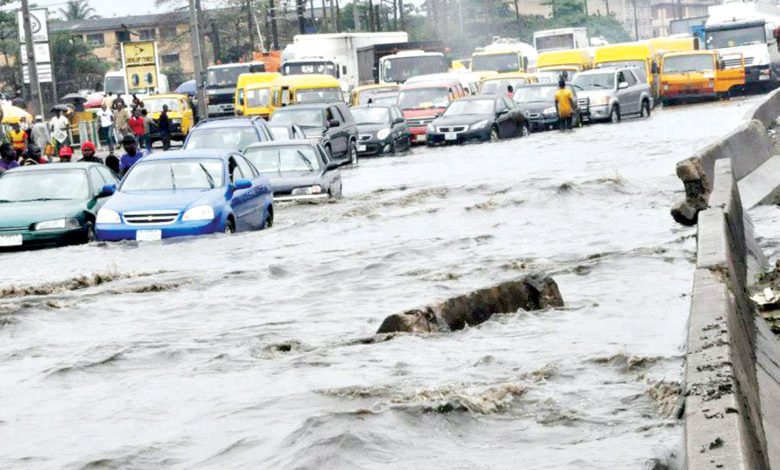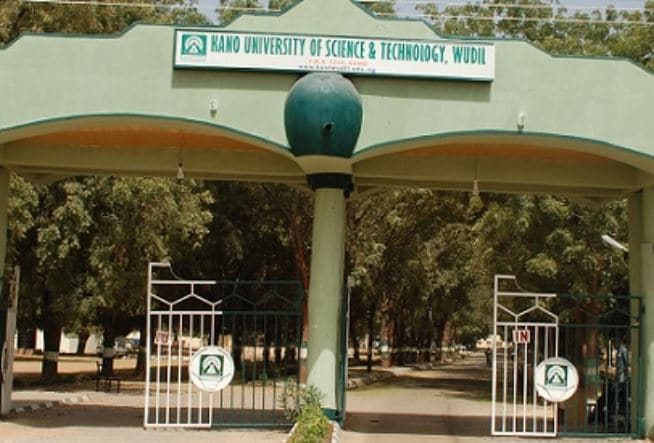
Civil society Organisations (CSOs) have urged the government to make access to high-quality data available, as it is the lifeblood of accountability. They said that to better handle emergency situations like the COVID-19 pandemic witnessed two years ago, having an accountable and transparent government would aid management of a similar crisis when it arises.
They made this call at a two-day Capacity Building Workshop On Accountability and Transparency of COVID-19 Funds In Nigeria organised by Women Advocates’ Research And Documentation Center (WARDC) and Innovation for Change.
Speaking at the workshop, founding director of WARDC, Dr. Abiola Akiyode-Afolabi, noted that transparency, participation, accountability, and integrity are closely interconnected concepts that constitute the integral and overlapping elements of any comprehensive good governance framework.
“Citizen’s participation can only be strengthened by the level of information disclosure, access to information processed and internalized. Emergency situations like COVID-19 create an enormous challenge for good information and communication and can make it much harder for an emergency response to be as effective as possible. However, information and communication save lives; misinformation or ineffective communication can put those lives at risk.”
WARDC revealed in a study carried out in 2020 that COVID-19 exacerbates pre-existing structural inequalities in income, decision-making between men and women, that the pandemic further marginalises women and exposed them to plethora of security challenges and domestic violence.
The report also highlighted the near absence of accountability mechanism in the distribution of palliatives and management of COVID-19 relief donations, citizens’ participation in critical decisions of the state was limited due to the authoritarian measures required to enforce lockdown and movement restrictions, thereby shutting down the opportunity for citizens to participate in decision-making.
Hence, WARDC through this intervention seeks solution with the use of data to engage CSOs and citizens on the COVID-19 response and how best the government can handle national or global emergencies in future especially in handling citizen’s welfare and economic wellbeing.
One of the facilitators and founder, Bilah Foundation, Adenike Erinoso said that during the pandemic it was difficult as NGOs to help those in dire need as there were no access to palliatives, hence she calls on the government to partner with them to ensure that the right people get desired help in time of need.
“There are still people who have not recovered since the pandemic as businesses have been stalled, if proper accountability measures are taken in future events, it can cushion the effect.”
While founder, Concerned Nation Builders Initiative, Idris Tele Olukoya, said the event focused on feedback on the government’s impact assessment said, the government must ensure there is sincerity and most importantly give an overview of how the funds and items received during the pandemic was disbursed. This will ensure that is any future occurrence; the people can be rest assured that they could trust the government.
He also seek that the government empower the necessary ministries especially health and agriculture to effectively manage crisis situations.
Executive Director, Cleannation Foundation, Ayotunde Okelana, stressed that CSOs are the closest to the people; hence they know them better and would require partnership with the government to achieve smooth disbursement of items when necessary.










